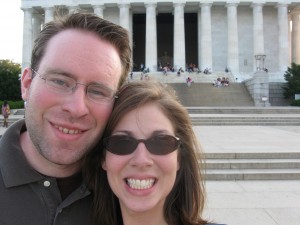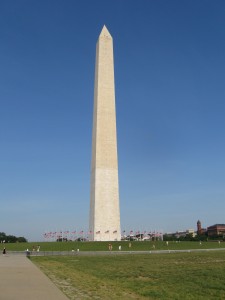This weekend, my husband’s parents are coming to visit. We’re excited to see them and spend some time with them, but I must admit I’m feeling a little unprepared for the visit. Because we were out of town last weekend, we didn’t get a chance to do a lot of the errands and chores we typically do on the weekend. So today we’re rushing around to make sure we have plenty of food and clean up the guest room. It’s a good kind of stress, though. We haven’t had company since my parents came almost a year ago, and we’re excited to welcome family into our home again.
Hopefully I’ll have time this weekend to get some posts scheduled for next week, but if I miss a day or two you’ll know why. :)
Now onto the best posts from my Reader this week:
- MoneyNing wrote an insightful list of 19 ways that laziness costs you money. It’s amazing how much you can save just be being mindful of your finances.
- Frugal Upstate shares some ideas for spring break on a budget. This is a timely post for us since this week is my husband’s spring break (he won’t be teaching or attending classes this week). But we’re spending it entertaining guests instead of leaving town. :)
- Mrs. Micah offers her thoughts on how living a nonfiction life is most fulfilling. This is an interesting concept. Just because you can afford to live a certain lifestyle doesn’t mean it’s right for you. Being true to yourself mean living within your means and making decisions that are best for you.
- Remodeling this Life suggests you spend time not money. I’ve been thinking about this a lot lately myself. The best things in life really are free, after all.
- Cash Money Life shares some helpful tips for avoiding identity theft. These are easy precautions we should all be taking to protect ourselves and our finances.
- Pecuniarities asks who’s really to blame for your spending. It’s easy to blame mistakes on smooth talking salespeople, but in the end we’re all responsible for our own spending decisions.
I’m off to prepare for our houseguests. Hope you all have a wonderful Friday!



 photo by
photo by 
